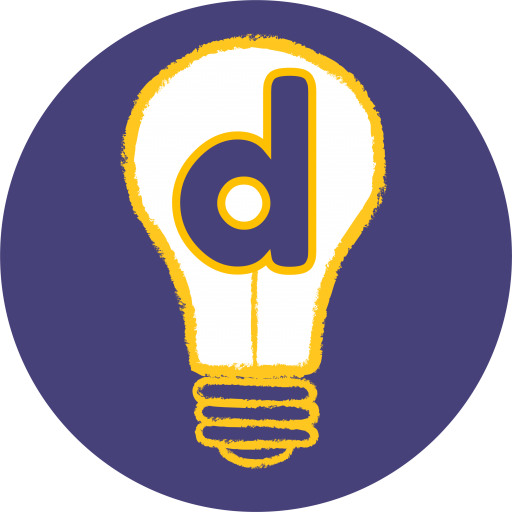We’re all different.
This means that what some people consider to be effective online learning may not work for others. So how do you know whether an online course is any good?
To find out, you have to begin by asking yourself what you want from an online course. The following points can help you figure out whether a course is right for you.
Speed vs depth
Learning takes time, so start by asking yourself how much time you want to dedicate to the course. Free video-based courses such as those on Linkedin Learning can give you an overview of a topic, or help you learn specific aspects through structured activities – and they often do this very well. But if you want to explore a topic in more depth, you’ll need to go beyond video-based courses. Deeper learning requires you explore underlying concepts and theories, and to have opportunities to use these to transform your existing knowledge.
Ask yourself: how much time do I have to learn what I need?
Feedback vs no feedback
Following on from the previous point, transformative learning almost always requires effective feedback from someone who knows a lot about the topic. If you need to learn something practical, like putting up a shelf or figuring out how to use Photoshop, you probably don’t need feedback. But if you want to truly master something, you’ll need effective feedback from an expert tutor or facilitator.
Ask yourself: am I likely to need expert guidance or not?
Solo vs group
Do you like discussing what you’re learning with other learners, or do you prefer learning by yourself? This often comes down to personal preference, but learning in a group offers several important advantages. The first is motivation – if you commit to learning in a group, it’s more likely that you will continue to turn up. The second is benchmarking – learning in a group enables you to see how you’re doing compared to others. And the third is feedback – learning with others can create more opportunities to get valuable feedback on your progress.
Ask yourself: will I complete the course without input from other people?
Cost vs free
This one is fairly obvious – how much money do you have to spend? There are lots of free online courses out there, and many of them are great. But will a free course give you the knowledge that you need to progress? Another thing to consider is motivation – it’s often the case that if you pay for something, you’re more likely to see it through to completion.
Ask yourself: how much money do I want to spend, and what return on investment am I expecting?
Academic/accredited award vs badge/certificate
Following on from point 4, think about whether you need an academic qualification as evidence of your learning. If you need some specific knowledge about a topic, a free course might be sufficient and you may get a badge or certificate of completion. But if you need an MBA to land your dream job, nothing else will do.
Ask yourself: what return are you expecting on your investment in learning?
Ratings
If you’re considering taking an online course, what have other people said about it? It shouldn’t be too hard to find out – many courses will publicise positive feedback from happy learners. But if you want to be really sure before you commit, try and make contact with people who have completed the course. You can often do this by using LinkedIn to look up people who have given testimonials, or you can ask the course facilitator to put you in touch with former students. If it’s an academic course, the UniStats website will give you key information about levels of student satisfaction.
Ask yourself: what have other people said about this course?
There are many other factors that can determine whether a course is right for you, but hopefully the above pointers will guide you. If you want more advice, just get in touch with us at Ding – we’re always happy to help and advise.
You might also like:



How excited are you about creating this course? You’re likely to quit before you get there if you hate working on something!
Thanks for your comment Raquel, being excited about taking a course is also an important factor in determining whether you’ll see it through to the end. And a lot of online learning design often fails to get learners excited because it relies too heavily on passively watching videos or reading articles. Making it exciting is key!
Offering the program online also means that participants across the nation, as well as across the world, can participate. This creates a wonderfully diverse context for learning and discussing topics in science communication. I am an international participant. Can I obtain a participant visa if I am accepted into the program? ?
That’s also a very good point, Reza. Making courses available online creates opportunities for people across the world to participate. The important thing is that an online course is engaging and effective, otherwise you’ll have a poor learning experience wherever you come from.